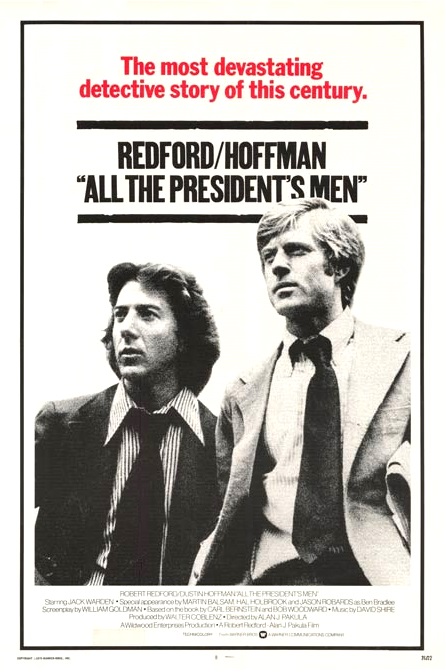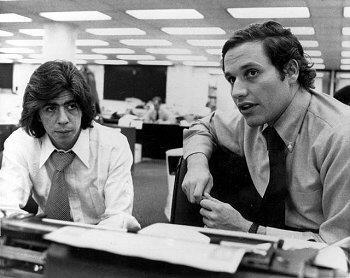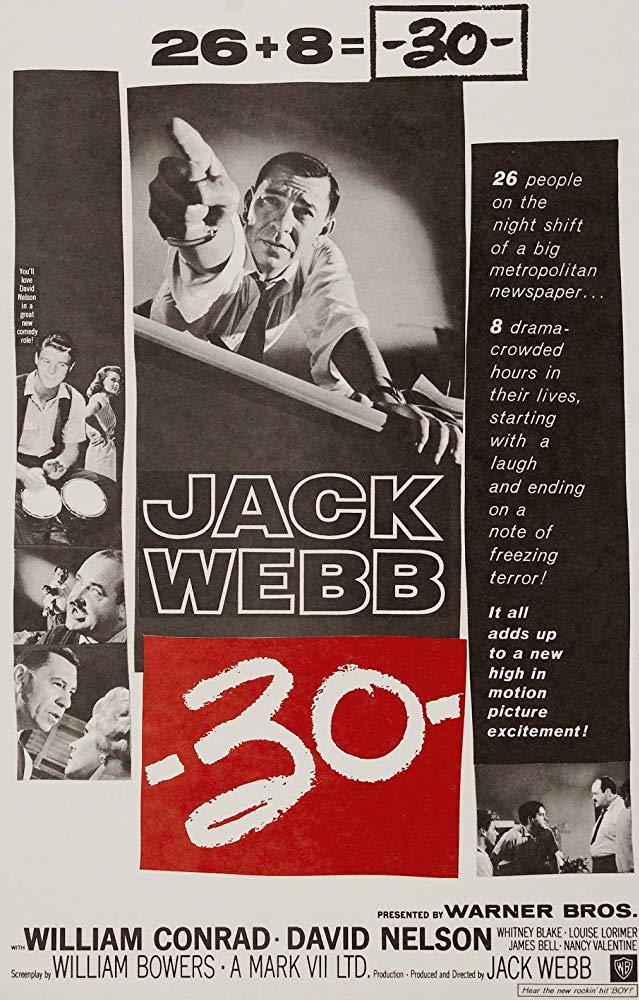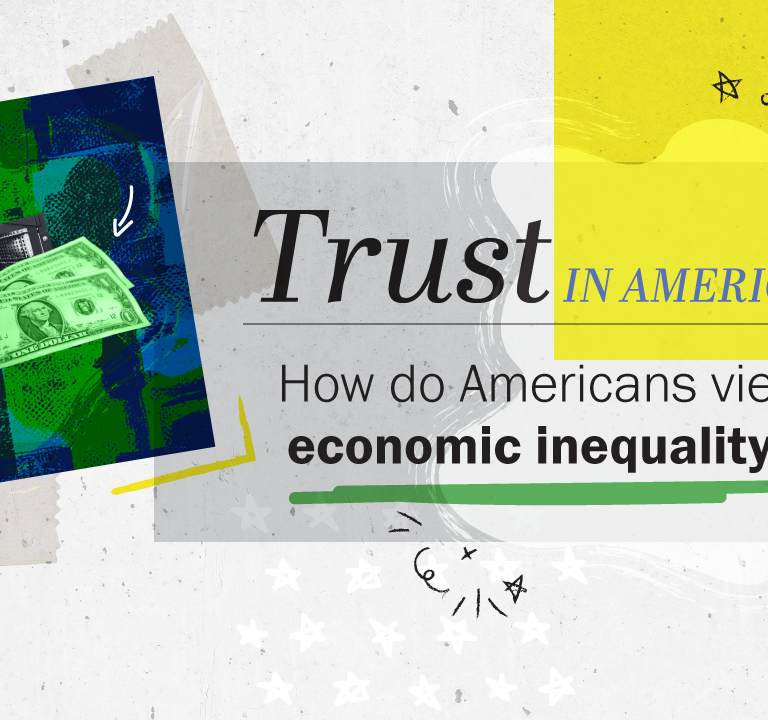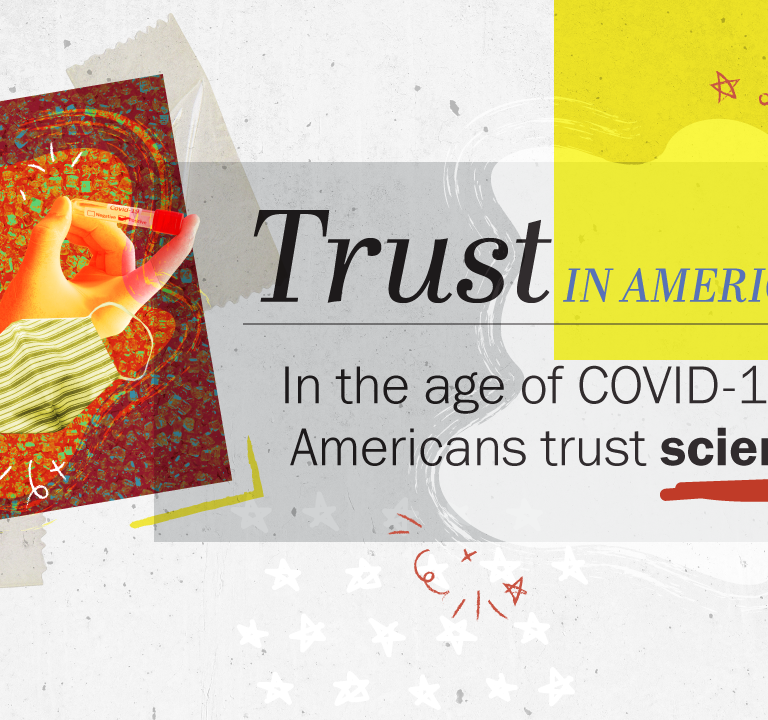A Reconstitution Company
“Were it left to me to decide whether we should have a government without newspapers, or newspapers without a government, I should not hesitate a moment to prefer the latter.” – Thomas Jefferson
UNDER CONSTRUCTION
The ReNews Vision
By Bennet Harvey
In 2019 analysis by the Knight Commission on Trust, Media and Democracy showed that the failure of news media to effectively serve its role in American democracy has become a society-wide problem.
Their report, Crisis in Democracy: Renewing trust in America reveals the history and nature of the problem. The report “aims to articulate the reasons for the growing distrust in American institutions, to re-envision news media that will be fair, truthful and responsible, and to catalyze citizens to participate in civic life.” We encourage everyone interested in the challenges facing democracy to read the report here.
501C3 newsroom ReNews Context Services was formed by disruption incubator Reconstitution, Inc. to inject a portfolio of disruptive innovation into the news media industry to address this challenge to American democracy.
ReNews has no current relationship with either Knight or Aspen, but the report’s title and conclusions resonate in more than one way with why we formed ReNews.
The Knight Commission members aspired to recommend “specific actions to restore trust in media and democracy.” However, at ReNews we believe those “recommendations” can more accurately be
described as theoretical qualities of an ideal news media’s role in democracy. For instance, highlights of the commission’s recommendations include:
Recommendation 1. Transparency: Encourage radical transparency and community engagement from news organizations.
Recommendation 2. Journalism: Increase support for quality journalism at all levels, with a focus on rebuilding local journalism.
Recommendation 5. Responsibility: Technology companies and online services that collect user data should become information fiduciaries with duties to the user.
Recommendation 9. Engagement: Create local spaces for constructive civic dialogue bridging various communities, and encourage broader civic engagement.
While ReNews is in complete alignment with the report’s analysis of the problem, we feel its recommendations fall short of presenting a concrete roadmap to address these issues.
ReNews Context Services was founded to turn these goals into an integrity-reinforced
Coming Soon:
ReNews to Demonstrate a New News Media Ecosystem
Outside the login, this site documents the erosion of the critical role of news media in American Democracy. A wide range of articles and studies by many of the leading news media foundations, think tanks and research organizations document the nature and likely causes of the dual crises in news media and American democracy.
If you recognize that this is a critical problem for our democracy and you are prepared to share responsibility for creating a new, sustainable and Citizen-centric form of news media, then please Request a Login above and let us know how you are able to help.
Inside the login, potential participants in the Renews venture will receive a confidential preview of ReNews’ dramatically new Citizen experience and economic model for news in American democracy. ReNews participants join a community of qualified Citizens, journalists, academics and organizations preparing to launch this visionary social impact venture in early 2023. Read More
By Bennet Harvey
While all industries are important to Citizen lives, the one most directly impacting the equitable function of democracy is News Media. This industry emerged in the 15th century as newsletters and town criers paid for the news product, which has always been bundled with advertisements.
European countries developed the concept of the Fourth Estate referring to the press as a fourth power balancing nobility, clergy, and commoners. The term Fourth Estate evolved in the US to be interpreted as
a balance to the three branches of government in the American republic: Legislative, Executive and Judicial. Not a fourth branch of government, because that would violate the independence of the press.
Until very recently, ad and subscription revenue streams have defined the news media as an industry. And it was a very profitable one for the great news barons of the last coupe of centuries. Family names like Hearst, McCormick, Sulzberger, McClatchey, Chandler, Knight, Ridder built great wealth in the news, newsprint, and transportation industries
delivering trees to driveways.
In hindsight, we have learned that news is not the most effective means of delivering ads to Citizens. Search engines and social media took that title shortly after the turn of the century. We also know that fewer citizens are buying newspapers, now that the quality of the product and budgets, journalists and content have been cut by more than half due to the lost ad revenue. This, in turn has continued to increase the subscription cost of news media to
By Bennet Harvey
The failure of the newspaper industry to innovate an economically competitive Citizen experience and business model has led to the industry’s consolidation into the hands of an ever-smaller number of private equity investors and public companies.
This, in turn has led to a dramatic collapse in the number of daily and weekly newspapers in the country, and the loss of half of our newspaper reporters.
This report on the 2022 State of Local News from Penelope Muse Abernathy, teacher at the Northwestern University Medill School of Journalism and former Knight Chair in Journalism and Digital Media Economics at the University of North Carolina, reveals this trend is tightly linked to the emergence of ‘news deserts’, local markets across the US in which Citizens receive little or no local news coverage. In these communities there is virtually no transparency into local, country and school district functions.
Citizens in these communities must fulfill their local civic responsibilities supported only with regional news coverage from cities hundreds of miles away. With no coverage of local city council, planning commission or school board
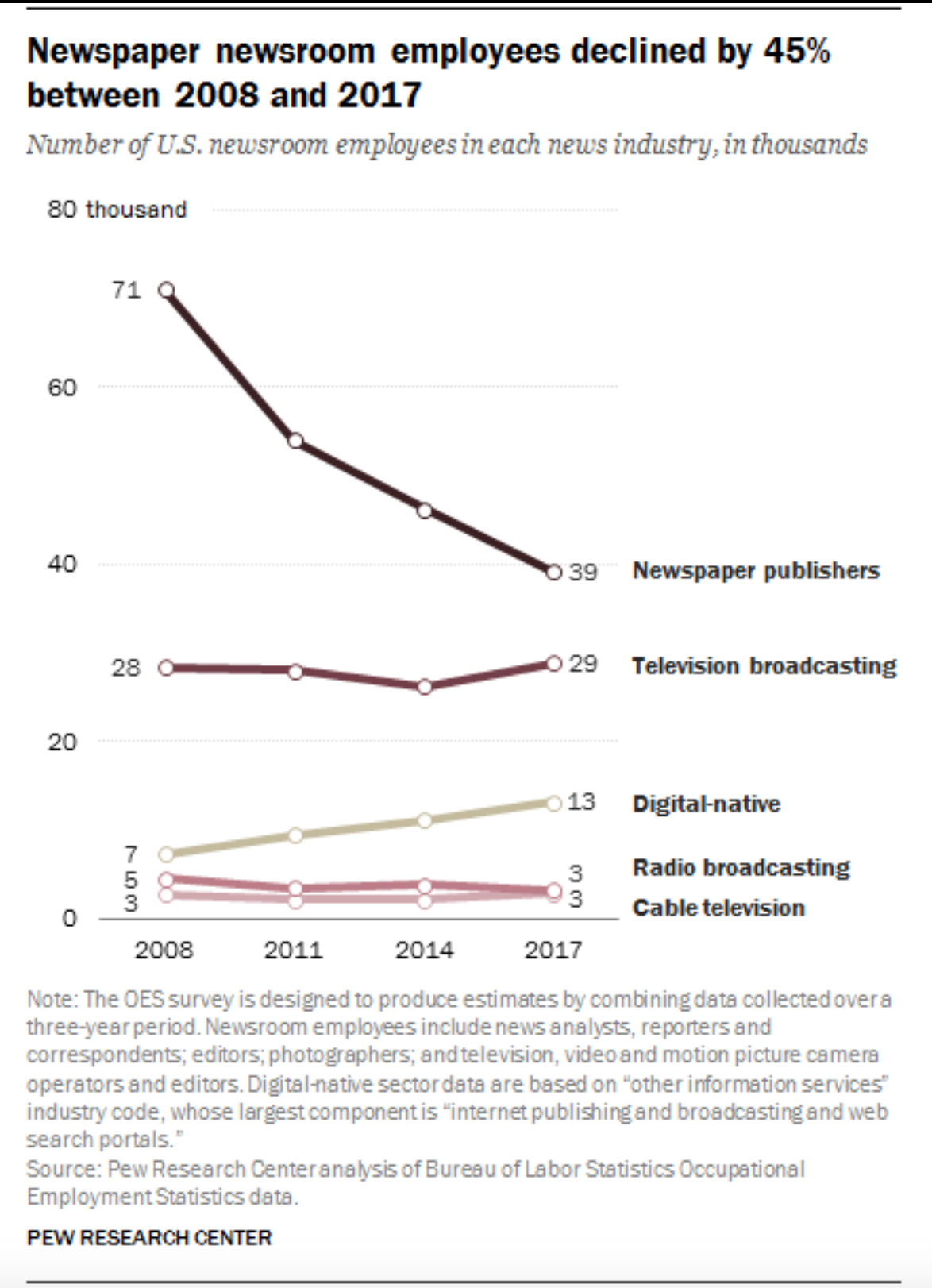
meetings, not to mention crime and community news, these Citizens must blindly vote and pay taxes. Or they must devote individual effort, one-by-one, to actively reach out to these government jurisdictions and digest meetings of minutes themselves. We now pay people to drive our meals to our homes. Can we not find a way to support the journalism that allows us to fulfill our civic duties responsibly?
The gist of this is that the state of news media has now reached a crisis point for American democracy, not only in news deserts, but in
institutional trust across the country. Additional articles outside the ReNews login reveal the declining “trust effect” of the existing news media that is dominated by commercial forces.
Owners of the remaining newspaper chains fall into two camps:
- Investors and families with good societal intent who continue to invest in or at least maintain the integrity of their editorial product at some cost to their investment returns.
- Private equity firms who harvest the asset value of news businesses to provide dividends for high net worth investors, ignoring societal consequences as erroneous considerations in pursuit of a single-minded goal to provide short term gains to their small pool of investors. Nearly every year another major US newspaper chain is absorbed by private equity buyers.
Note in the graph below, that Private Equity ownership of dailies among the top-25
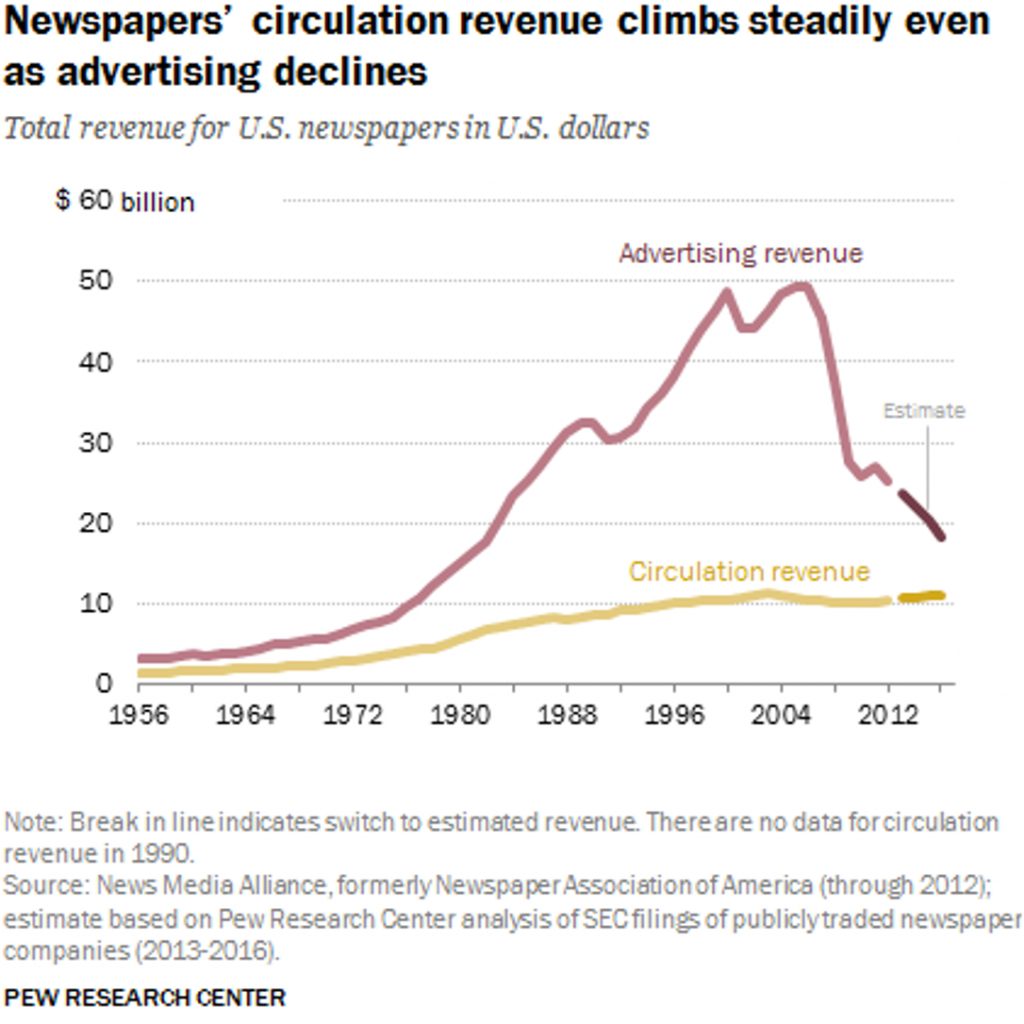
The steep decline of both reader circulation and advertising revenues are the drivers of the destabilization of the US newspaper Industry. This study from the Pew Research Center in 2017 graphically reveals these disturbing trends.
The data shows that the steep circulation volume decline has been accompanied by modest increases in total circulation revenue, which we can assume has a lot to do with consistent price increases.
The disturbing implications of these trends which directly threaten American democracy include:
- consolidation of newspaper ownership in the hands of a small number of holding companies funded by wealthy investors and institutions,
- shuttering of newspapers across America resulting in news deserts and droughts,
- deep cuts in newsroom reporters, editors, and original content at the papers that remain,
- reduced trust in news media and institutions in general, and
- reduced Citizen civic engagement.
From Neiman Lab
Nearly 1,200 New York Times journalists in The New York Times Guild began a 24-hour strike on Thursday at midnight, after months of bargaining with management to reach a new contract failed. The previous employee contract expired in March 2021.
The Times journalists join employees at the Pittsburgh Post-Gazette, many of whom have been on strike since October, and journalists at the Fort Worth Star-Telegram, who have been on strike since November 28.
The New York Times Guild argues that while the paper is flourishing economically, profits haven’t been shared fairly with workers. Times employees on strike plan to protest outside the company’s headquarters in Manhattan at 1 p.m. ET on Thursday.
Reporting on the strike from CNN.
The act of protest, which has not been staged by employees at the newspaper of record in decades, will leave many of its major desks depleted of their staffs, creating a challenge for the news organization that millions of readers rely on.
An executive at the Times, who requested anonymity to speak candidly, acknowledged to CNN on Wednesday that the work stoppage would certainly create difficulties. But, the executive said, management has readied for the moment and could rely on the newspaper’s other resources, such as its international staff which largely are not part of the union, to fill the voids.
Joe Kahn, executive editor of the Times, said in a note to staff, “We will produce a robust report on Thursday. But it will be harder than usual.”
Times journalists encouraged readers not to engage with any Times products during the strike, and yes, that means reading about Brittney Griner’s release elsewhere and breaking your Wordle streak. Critic-at-large and VP of the Guild Amanda Hess: “I try not to cross picket lines, but for Nieman Lab purposes was curious to see specific ways that the strike was affecting Times output Thursday, so I fired up an RSS reader that I hadn’t used in several years.
A few things I noticed:
- Breaking news alerts are still being sent out.
- A new episode of The Daily was released Thursday, as was a new edition of The Morning. Those products were presumably produced on Wednesday before the strike began, though, and I’ll be curious to see if they come out tomorrow.
- A liveblog on Brittney Griner’s release primarily consisted of posts bylined by international correspondents, who are not part of the Guild. Most other stories in the Times’ “Top Stories” RSS feed for Thursday were also by international correspondents. A very brief Celine Dion story was written by an editor. Some pre-written stories by journalists who are on strike today were published as well.
News Access
By Bennet Harvey
Thomas Jefferson believed that the transparency provided by journalism was virtually a fourth branch of government, serving as a check and balance on the constitutionally-defined three. But he also recognized that the news must be available to all, and that all Citizens must be able to understand the news that is published (implying a minimum level of education). Subscriptions violate both these important considerations. The poor cannot afford to pay for economically regressive subscriptions, and therefore do not have access to the same quality news as the wealthy. This deficit is perpetuated when their children do not grow up with quality news from which to learn about their rights and best interests under American democracy. For these reasons subscriptions for news may be the most economically-divisive commercial concept under the American economy and political system.Subscriptions farther out of Reach
Since the turn of the century the newspaper industry, and to a lesser extent electronic news broadcasting, have lost both the majority of their audiences, and their advertising revenue. Total estimated weekday circulation of U.S. daily newspapers was 55.8 million in 2000 and dropped to 24.2 million by 2020, according to Editor & Publisher and the Pew Research Center. As newspaper consumption declined this century, the news product became uncompetitive, with the exploding search and social media digital products gobbling up news media’s lunch, while also creating a new medium which has co-opted and corrupted the very concept of trustworthy journalism. Read More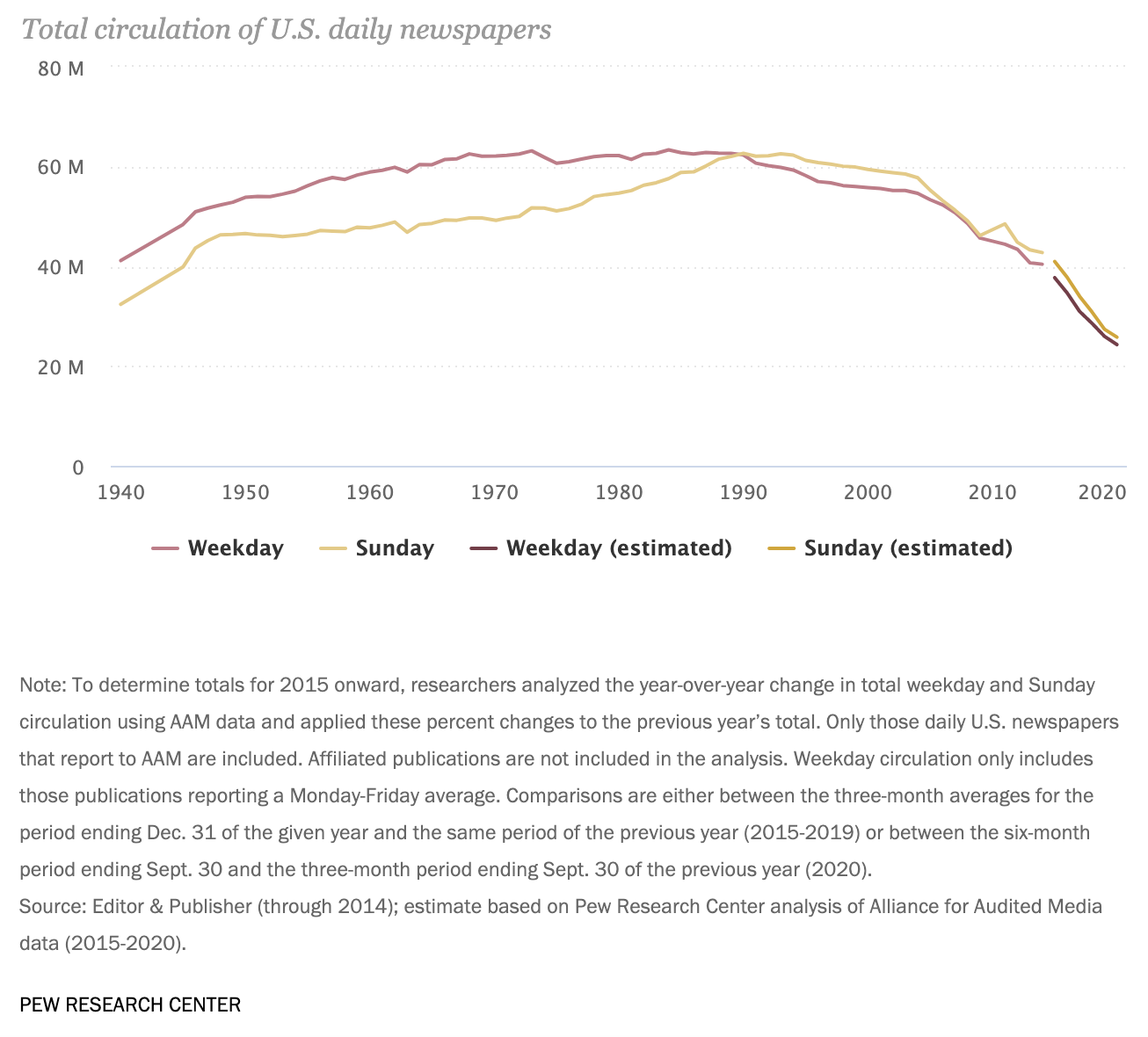
By Bennet Harvey
Americans’ overall trust in mass news media has been on a steep decline since the late 1970s, according to Gallup Group polling. For the first time since the polling has been conducted, in 2022 the percentage of Citizens stating No Confidence at all exceeds both those with a Great Deal / Fair Amount, or Not Very Much trust and confidence in mass media news reporting.

When broken down by Citizens’ political affiliation, the picture is quite different. Democrats have always had the most trust followed by Independents and then Republicans. All Citizen trust descended in near parallel paths until 2016. However, at that point the parties’ paths diverged dramatically. In 2015 the gap was about 25%. By 2018 the gap reached nearly 60%, and by 2020 it was 65%.

From 1996 to 2003 biannual election year data consistently shows Democrats’ movement of trust moving in the opposite direction from Republicans and Independents. Beginning in 2003 all three political groups move together in the same direction, up or down, much more frequently than before 2003.
The data below clearly shows the distribution of trust in news media acros the political spectrum.

The Gallup Trust Data by party totaled from 2020 to 2022 are broken out below by Age, Political Ideology, and Education.
- By Age the data shows that trust increases by age for Democrats and Independents, but for Republicans the middle age range is lowest by more than half.
- By Political Ideology Democrats have consistently high trust in news media. Independents trust declines from liberal to moderate to conservative. Moderate Republicans trust in news media is twice the level of conservative Republicans.
- College Education does not distinguish between Democrats or between Republicans. College Educated Independents have nearly 50% more trust than Independents without college education.

Context Videos
Ideas for News Transformation
By Bennet Harvey
Each year, Neiman Labs asks journalists and media executives what they think is coming in the next 12 months. December 2022 produced a bumper crop of opinions, insights, wishful thinking, and warnings for 2023. The full collection can be found on Neiman Labs site.
Below we highlight a list of several Neiman predictions which caught our attention when they envisioned one or another component of the soon-to-be-launched ReNews platform. We believe ReNews will be the first time a comprehensive integrated solution has been proposed across this landscape.
- The rot at the core of the news business – Christoph Mergerson – “Repairing the rot requires us to imagine a media system that isn’t centered nearly as much around profit motives — and then insist that our elected officials help to bring it about.”
- We’ll embrace policy remedies – Jody Brannon – “It’s time journalists, advertisers, technologists, regulators, lawmakers, and others convene to craft equitable standards of distribution and monetization of news content.”
3. The year journalism and capitalism finally divorce – Victor Pickard – “It is capitalism that incentivizes the degradation of our news media — disinvesting in local journalism, weaponizing social media to capture our attention and data, and devaluing media workers’ labor conditions.”
4. Philanthropy stops investing in corporate media – Simon Galperin – “It’s time for journalism philanthropy to ditch corporate media sellouts and double-down on supporting and expanding the non-commercial journalism sector.”
5. More journalism funders will take more risks – Barbara Raab – “Given that philanthropy is uniquely unaccountable for its performance, funders have great freedom to take risks and to experiment. Now is the time.”
6. Democracies will get serious about saving journalism – Julia Angwin – “If democracy is going to survive, we’re going to need to fund its watchdogs.”
By Ken Doctor
Elections have consequences.
How many times have we heard that old saw resurface in the past several years? But that saying applies to the business of local news revival, too.
We knew that our local fall elections offered a big test for Lookout Santa Cruz. We’d launched just after the 2020 November election, and this election, following a June test run, offered us the ability to show our fundamental essentiality to the wider community. Our coverage — voluminous, analytical, informational, and multimedia — showed our community what a digitally centered news operation can do for local democracy.
“In my years in Santa Cruz, I’ve never seen the scope of coverage you did,” the new mayor, a veteran politico, told us. In total, there were probably almost 100 content pieces, including those on usually neglected school and water boards, but we also wanted to extend into the community itself. We hosted three in-person candidate forums that we Zoomed, and then posted, in short segments, on our site for views to watch later on. We used texting, with help from an American Press Institute grant to solicit reader election questions — and got hundreds of them.
As Lookout Santa Cruz enters its third year, it’s become a primary local news medium for lots of locals. After two years of publishing — through the early news and information demands of Covid and recent, divisive local elections — we’re closing in on meeting the goal of our model: Powering a large, strong, fair, nonpartisan, and trustworthy new news brand on recurring revenue. It’s a model that can work beyond the territory of any single market.
Our advertising business is growing and diversifying. Our membership business has moved beyond a one-size-fits-all paywall, into a nuanced revenue line that aims to maximize both revenue and access for those unable to pay directly. Our student engagement programs help bring emerging adults into civic life and provide a steady stream of recurring revenue as well. Targeted philanthropy helps us build more quickly.
We’re on track to meet our goal of sustainable recurring revenue by next summer. We’re not declaring success yet, but we’re tangibly close, even as we ready ourselves for expansion into other communities. The work is tough and painstaking. We’ve made mistakes; fixing them costs us time and money — the two pressure points for all new ventures. We’ll undoubtedly make more.
In a world of surprises — Twitter self-immolation, Meta exiting news,
midterm shocks — all that seems likely is recession. As a fellow local publisher remarked to me last week, “Given what’s already going on with the dailies, recession could be an extinction event.”
Hyperbole? Maybe. All I know is that we have to be thinking “replacement” for the dailies when we see stories like this one in The Washington Post: “They were some of the last journalists at their papers. Then came the layoffs.” As Kristi Garabradt told the Post of her layoff from the “Daily Jeff,” in Missouri’s capital city: “When you’re the paper’s only reporter, you don’t consider yourself nonessential.”
Recession will make remaking local news tougher. Money will be harder to get; timelines may lengthen. The world is unpredictable, but I continue to believe that the need for trusted, fact-based local news will never disappear. How it gets paid for and delivered is all in flux, but people want and value local news and information.
I’ve shared early lessons about our work building Lookout Local in two previous columns here at Nieman Lab, and am offering new takeaways below. My Newsonomics readers will note consistent themes through my 10 years (one million words!) of writing for the Lab.
The High-risk High-return End of Society's Innovation Portfolio
Our years-long research into the erosion of news media’s role in American democracy is only summarized above. We’ve watched this slow motion train wreck for more than two decades. The only good thing is that Reconstitution had the time to slow-cook a comprehensive ecosystem solution, not just another news app ‘showing the left and the right.’
When a critical function in our personal lives, our business, or our government begins to fail the only option is to look beyond incremental solutions. American news media is at that critical ‘hit bottom’ moment. Reconstitution applied blue sky innovation methods to step outside the box of conventions which led to this moment in history. We started from scratch.
We challenged and rearchitected every assumption of news media we could identify. We operated with the strict filter that ‘if it’s incremental, leave it to traditional ventures.’
That meant starting by eliminating ads and cash subscriptions which have been the privacy-corrupt AdTech engine powering the last two decades of terrible trends for American democracy. The disruptions only began with those two obvious dysfuntional dimensions of news media. By late 2022 we had identified and integrated solutions for over three dozen broken conventions of today’s news industry and Citizen experience of civic engagement.
The table below summarizes a few of these transformative ideas. When all of these disruptive innovations are carefully integrated they form a single virtuous system of self-reinforcing checks and balances, much like the US Constitution.
Qualified candidates wishing to join the ReNews effort may Request a Login, above.
Shorenstein Center
News Media's Role in American Democracy
Economic inequality in the U.S. has been rising steadily over the past few decades, and this increase has not gone unnoticed by Americans. In this episode of our Trust in America video series, our researchers explain views of economic inequality and trust in the U.S. economic system. They discuss how Americans feel about the economic system in this country, the impact economic inequality has on people’s lives, and who the public thinks should be responsible for reducing it.
This article was originally published by The 19th. Candice Norwood is a breaking news reporter at The 19th and Rebekah Barber is an editorial fellow at The 19th, where this story was originally published. Photo illustration by Rena Li for The 19th.
Shanquella Robinson’s death could have easily fallen through the cracks. In the first two weeks after the 25-year-old from North Carolina was pronounced dead during a group vacation to Cabo San Lucas, Mexico, her story was limited to a few local news reports. It appeared that her death would be treated like those of many other Black women and girls — with cursory, if any, attention from the news media. But then, video of a woman being beaten emerged, and the news of her death went viral.
One tweet by North Carolina blogger Mina Lo with the words, “Rest in Power Shanquella Robinson” has garnered more than 50,000 likes and nearly 17,000 retweets. National news organizations, including CNN and the New York Times, have since picked up Robinson’s story, highlighting the power and potential of Black media platforms. From the killing of Lauren Smith-Fields last year to Robinson last month, Black people online have been a driving force behind elevating stories about missing and murdered Black women and girls in the absence of mainstream media.

The News in the Arts
Popular media has long found newspapers and news media as a rich source of compelling plot lines for film and literature. This is not just because of the excitement of police and fire reporting. In almost every example in the list below the filmmakers inspire their audience by drawing on the importance of news media in American democracy.
At ReNews we recognize that our perceptions of journalists have been framed by the media’s passion for covering its own inspirational role models. Movies have told the stories of journalists to us in images of David and Goliath with All the President’s Men, or painted them as saintly like Burgess Meredith playing the selfless Ernie Pyle in The Story of G.I. Joe, telling the slogging and heroic stories of the American Infantry soldier.
Enjoy these movies that inspire us to seek a better overall level of journalistic craft in support of American democracy.
But more often journalists have been portrayed as hard drinking, chauvinistic, and hyper-opinionated, with PTSD-inflicted warts and all. Kirk Douglas in Ace in the Hole deliciously shows just how vicious and unscrupulous a reporter can be.
I miss the old newsroom days of smoking, and profanity, human emotion and police scanner intensity. One of the great documentaries in this genre was just released and you can still catch it on HBO. Breslin and Hamill: Deadline Artists tells the unflinching story of how the news used to be different than it is today, of how emotions were just as high in the civil rights era, but how two monumental New York City columnists brought audiences together by making us see each other in all our human truth.
The story of the Boston Globe’s investigative unit in Spotlight shed a beam of transparency on how corrupt social institutions do their best to constrain the disruption they know the truth will bring to their fragile architectures of deceit.
Too many of these stories are about the white male tradition of journalism. At ReNews we recognize this and are looking to build a fully diverse movement in journalism. Please share with us stories about the journalists and publishers of color and from marginalized communities who have inspired you.
We are inspired by The Killing Fields’ strong portrayal of the role of Dith Pran, though in the shadow of Sam Waterston’s turn as the New York Times war correspondent Sydney Schanberg. The British series The Newspaper presents strong entrepreneurial people of color disrupting the crusty London newspaper market.
We hope you enjoy these movies too. They helped inspire our quest to seek a better overall level of journalistic craft in support of American democracy.
ReNews Pop Culture List – Movies
- Spotlight
- Ace in the Hole
- Breslin and Hamill: Deadline Artists
- The Newsroom
- The Newspaper
- Tabloid Wars
- The Front Page
- His Girl Friday
- Cronkite Remembers
- Man on the Moon with Walter Cronkite
- The Year of Living Dangerously
- The Killing Fields
- The Story of G.I. Joe
- A Face in the Crowd
- House of Cards
- Gandhi
- Lawrence of Arabia
- Legends of the Fall
- Thirty (-30-)
- Citizen Kane
- All the President’s Men
- The Post
- Mr. Smith Goes to Washington
- Network
- Broadcast News
- Night Crawler
- Newsies
- The Paper (filmed at my old paper The Chicago Sun-Times)
- The Harder They Fall
- Deadline USA
- The Candidate
- The Philadelphia Story
- Rear Window
- Fear and Loathing in Las Vegas
- Gonzo: The Life and Work of Dr. Hunter S. Thompson
- Where the Buffalo Roam
- Salvador
- Good Morning Vietnam
- The Wind and the Lion
- The Shipping News
- Zodiac
- Deadline Gallipoli
- Press
- Press Gang
- The Passenger
- The Public Eye
- The Great Race
- Daniel Ellsberg, the most dangerous man in America
- Continental Divide
- Under Fire
- Born Yesterday
- Meet John Doe
Copyright ReNews Context Services 2023 | Privacy Policy | Disclaimer | Site Map
